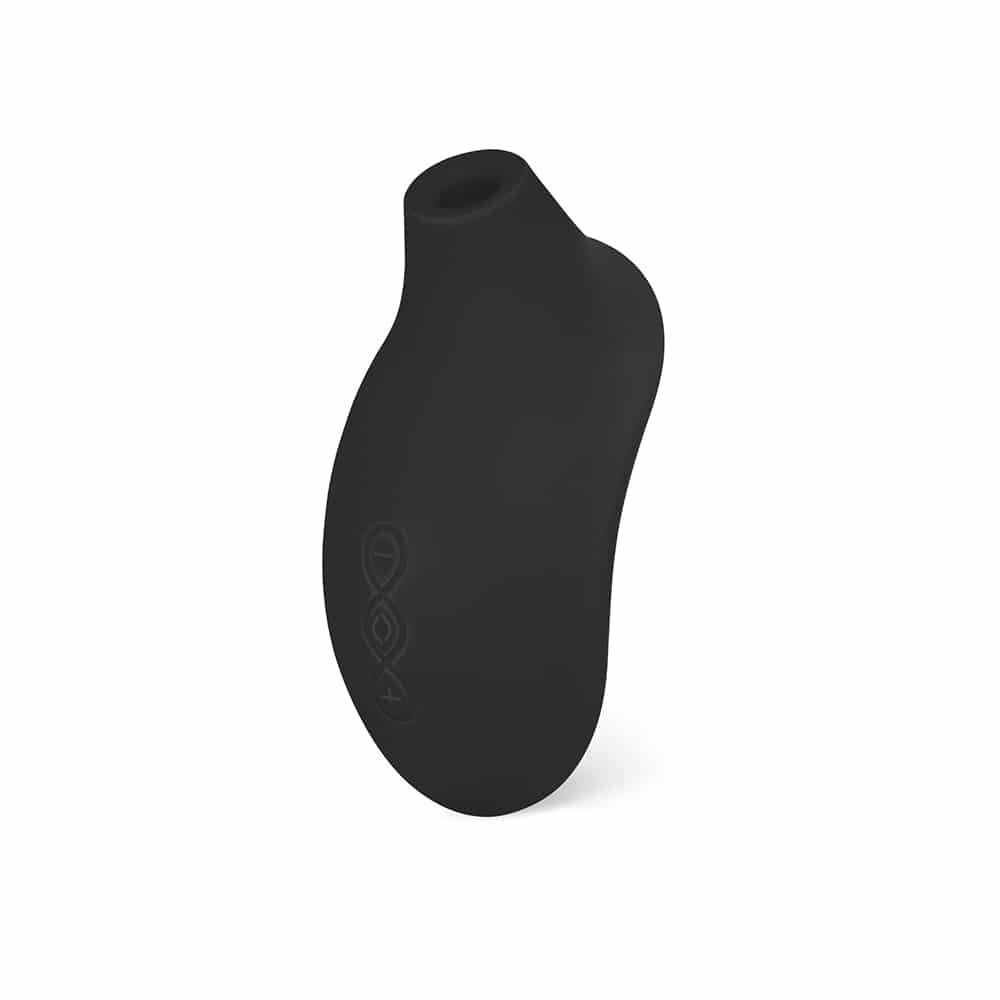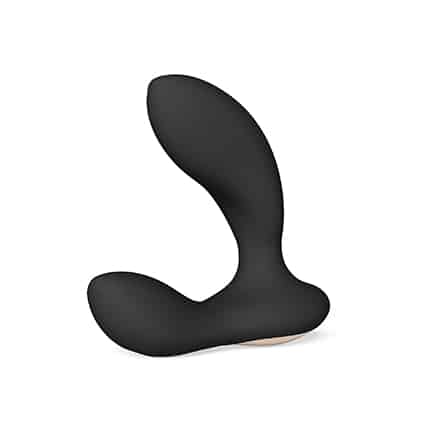Sex allows us to connect with our bodies and partners, experience deep pleasure, and create more joy in life. For many people, however, sex is far from straightforward.
Luckily, there’s an industry of sexual and mental health professionals who are dedicated to helping people overcome sexual obstacles and get back on the path to pleasure.
Enter sex therapy.
Sex therapy can be an invaluable tool if you’re experiencing issues or blocks in your sex life. But, what exactly happens in a session? Who might benefit from it? What even is sex therapy?
What Is Sexual Dysfunction?
An estimated 43% of women (AFAB) and 31% of men (AMAB) have reported sexual dysfunction at some point in their lives. Sexual dysfunction can have psychological or physiological roots and is typically classified into four categories:
- Arousal disorders are the inability to become physically aroused during sexual activity.
- Desire disorders lead to a lack of interest in sex or sexual desire.
- Pain disorders cause pain during intercourse.
- Orgasm disorders lead to an absence or delay of orgasm.
Most people who seek sex therapy are experiencing some type of sexual dysfunction, but not all are. Some people may go to sex therapy for the opportunity to explore sexual identities or to help them become closer to their partner.
Hear It From a Sex Therapist
Jennifer Litner (she/her), Ph.D., is a Licensed Marriage and Family Therapist, Certified Sex Therapist, Sexuality Educator, and founder of Embrace Sexual Wellness, based in Chicago, Illinois.
She treats patients with a wide range of concerns, some of the most common being mismatched desires, difficulty with arousal or orgasm, performance anxiety, painful sex, sexual identity exploration, and trauma.
What makes someone want to become a sex therapist? Jennifer went into the field because she wanted to help people experience more satisfying intimate relationships and heal from sexual shame, anxiety, stress, and trauma.
Other providers may have been driven by their own experiences or witnessed loved ones or a partner struggle with their sexual well-being or identity.
What Happens During Sex Therapy
Sex therapy is a type of talk therapy that creates a supportive and educational environment where people can identify sexual health disorders or issues and find practical tools to overcome them.
Jennifer explains that during sessions:
The therapist will assess the client’s sexual concerns, create a plan based on their goals and through talk therapy, and will explore possible solutions or exercises for the client to use to work toward their desired outcomes. Many sex therapy interventions involve mindfulness, cognitive behavioral work, relational skill building, and psychoeducation.
No matter what tools are used, the goal of sex therapy is to help people reframe sexual challenges and increase pleasure and satisfaction. Both couples and individuals can benefit from sex therapy. You may even want to consider a combination of individual and couples therapy.
If a physiological issue is contributing to sexual dysfunction, you may also need to see a medical provider that can help treat it, like a pelvic floor physical therapist.
Sex Therapy Tools
Treating sexual health issues takes a multifaceted approach, and not everyone has the ability to see a sex therapist. Even if they do, having tools to use on your own can be a game-changer.
One tool that Jennifer recommends to her patients is to create a pleasure wheel. This is a DIY graphic that’s filled with different pleasurable activities that can be done with a partner to help amplify the pleasure-building experience.
These are just a few of the many things you can include on a pleasure wheel:
- Making out
- Cuddling
- Oral sex
- Back rub
- Mutual masturbation
- Intimate dancing
You get the idea!
Using sex toys like a vibrator can also help break down barriers to pleasure and give you more options in your sex life.
Inclusivity in Sex Therapy
Gender exploration, changing sexual identities, and trauma are often part of the complex web of sex therapy.
Finding a therapist that not only acknowledges these, but embraces them, is essential for creating a safe and inclusive environment. While not necessary, it can be helpful to see a provider that has had overlapping life experiences or identities. This could look like finding a queer therapist if you’re focusing on exploring your queer identity.
How To Access Sex Therapy
You don’t need to struggle. There are resources available so that you can have a sex life that feels fulfilling and stress-free. Going to sex therapy may be just the tool you’ve been looking for.
Resources like Psychology Today let you search for providers that match your specific needs and learn a bit about them before committing. In the U.S., the American Association of Sexuality Educators, Counselors, and Therapists is responsible for overseeing the clinical training of sexual health practitioners. They also have a database where you can search for providers. Depending on your insurance policy and where you live, sex therapy may be covered, if not you may have to pay out of pocket.
Don’t be afraid to “date around” so you can find a therapist that truly fits your needs. Any type of therapy is incredibly intimate and requires the right connection, this is especially true when it comes to sex therapy. Remember that you’re paying for a service and you deserve to get the care you need and deserve.
Discover pleasure with:







